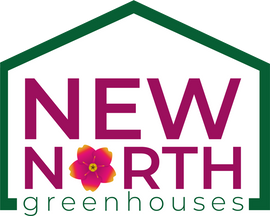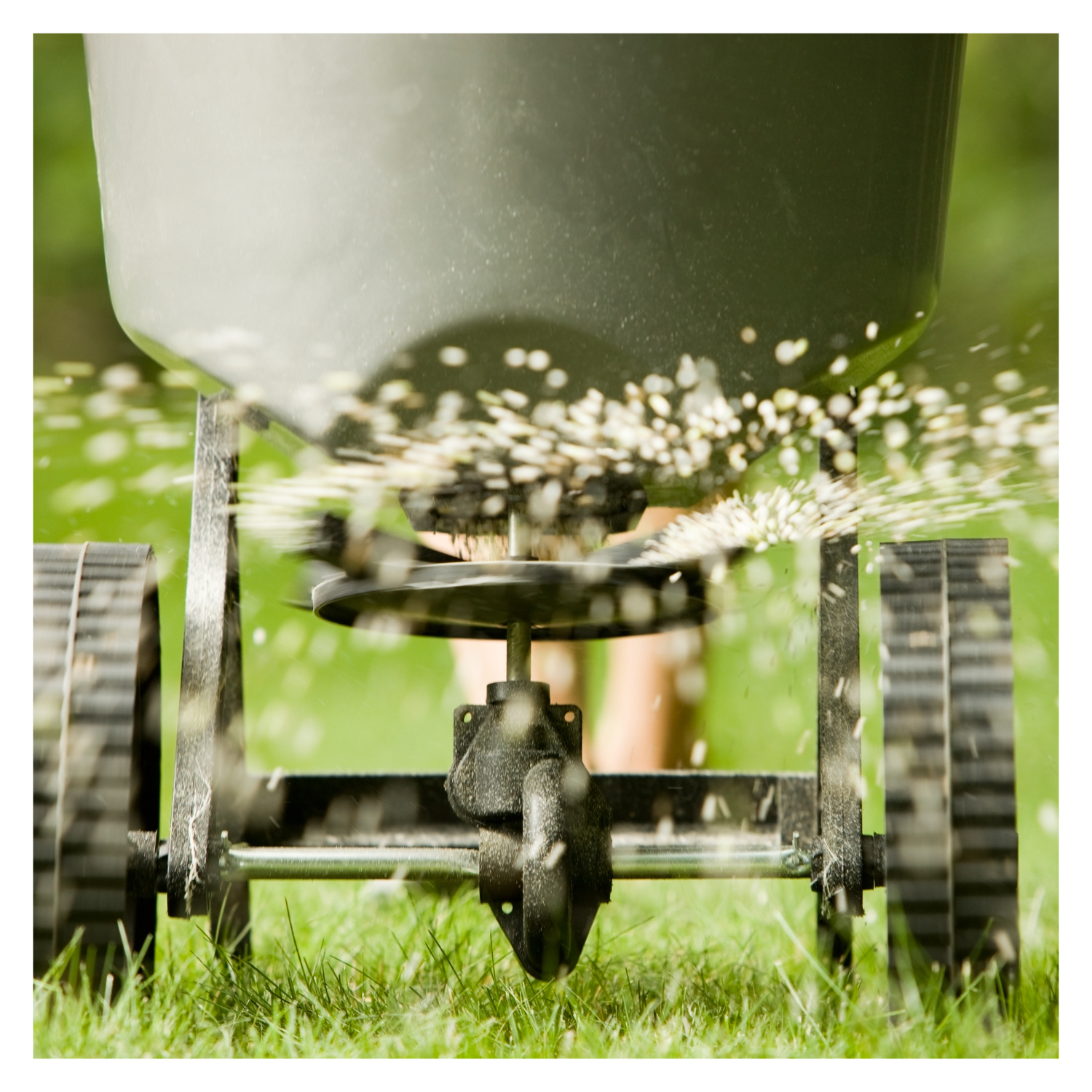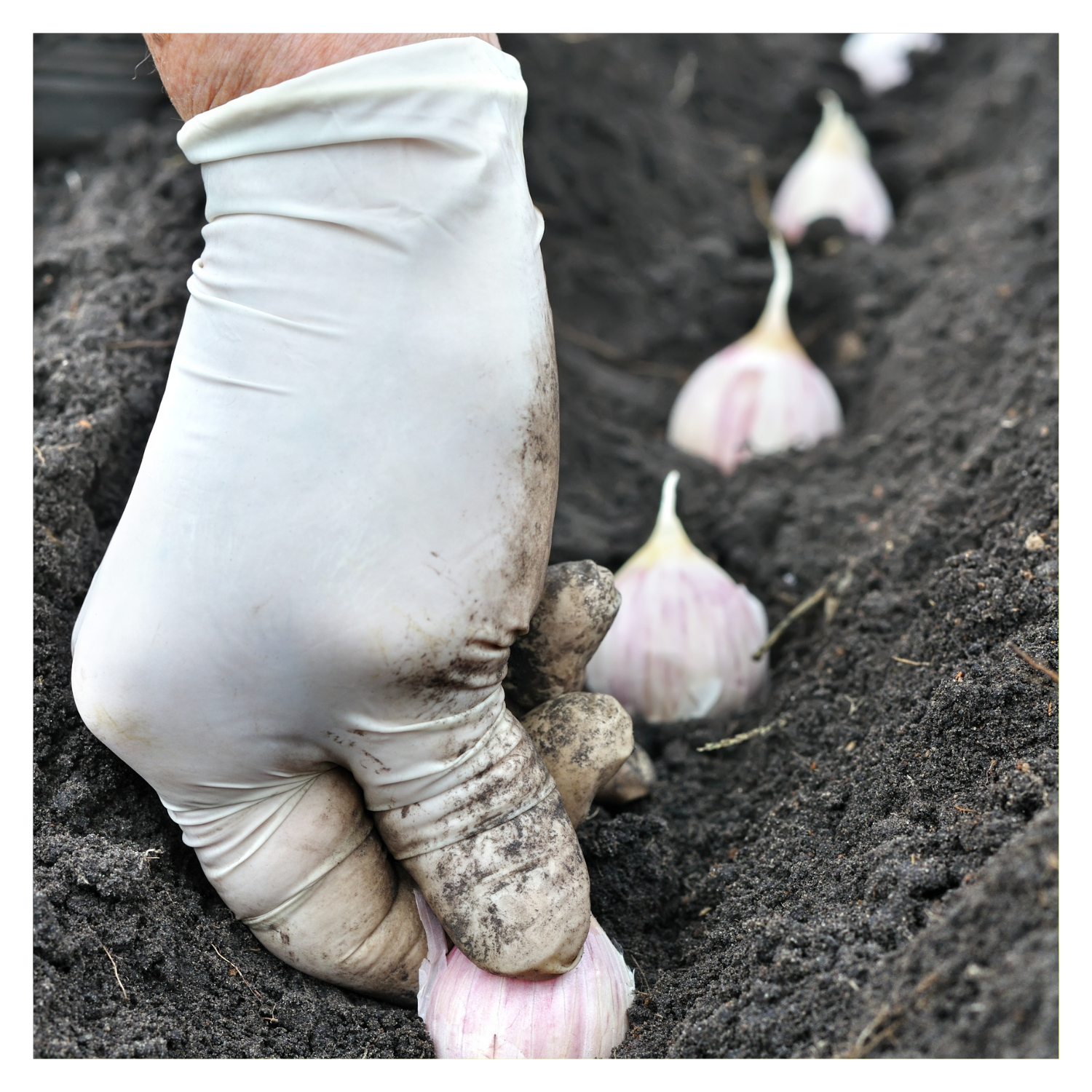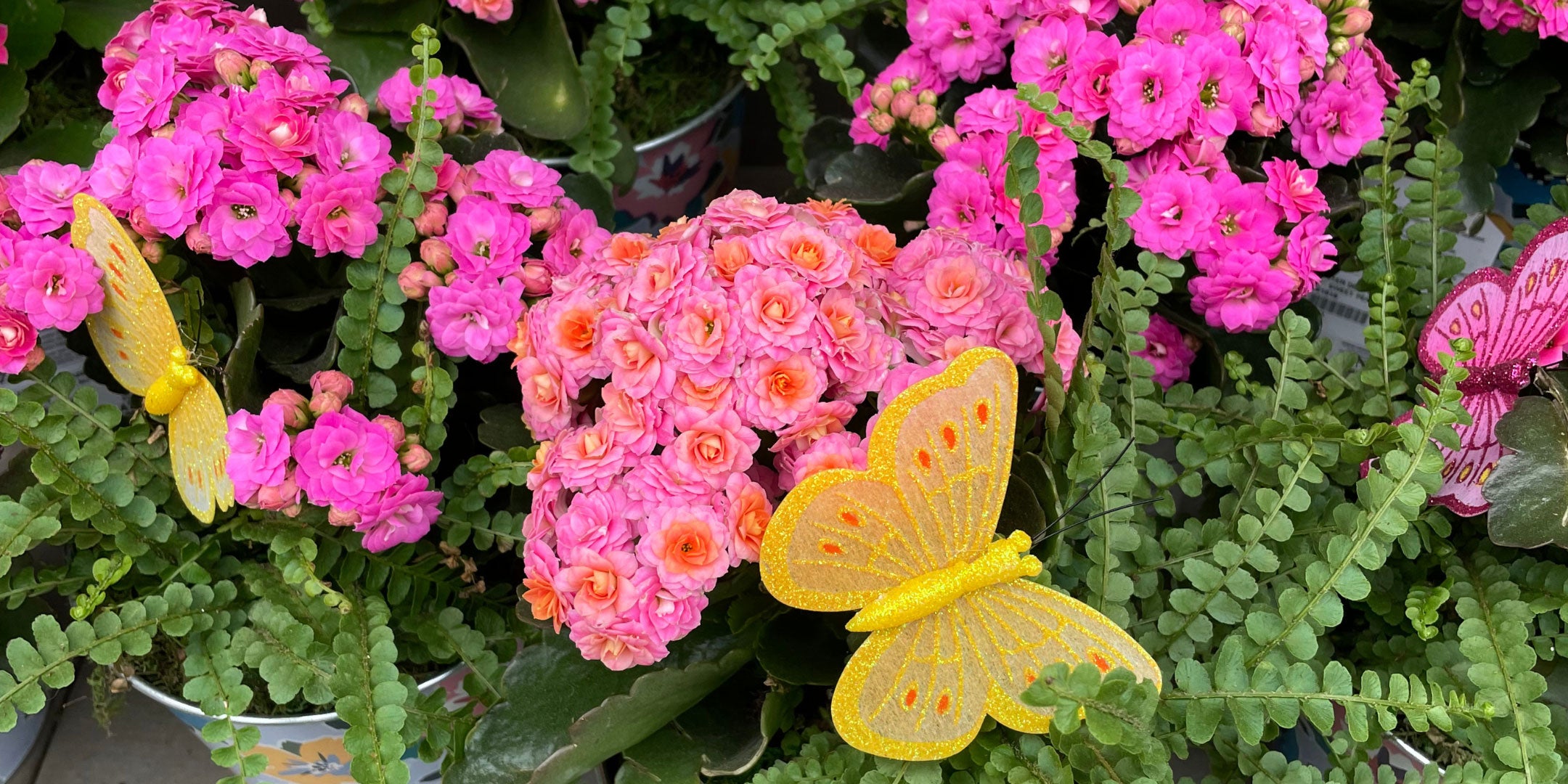As we step into the heart of the growing season, one question often arises among gardeners: what type of fertilizer is best for our plants? The choice between natural and synthetic fertilizers is a topic of considerable debate in the gardening community. Both options have their merits and drawbacks, so let’s delve into the pros and cons of each to help you make an informed decision for your garden.
Natural Fertilizers:
Natural fertilizers are derived from organic materials such as compost, manure, bone meal, or seaweed. Here are some advantages and disadvantages of using natural fertilizers:
Pros:
- Slow Release of Nutrients: Natural fertilizers release nutrients slowly over time, which can provide a steady, long-term source of nourishment for plants without risk of nutrient burn.
- Improves Soil Structure: These fertilizers help improve soil structure by adding organic matter, which enhances soil fertility, water retention, and aeration.
- Environmentally Friendly: Natural fertilizers are biodegradable and promote soil health by encouraging microbial activity and earthworm populations.
Cons:
- Nutrient Variability: The nutrient content of natural fertilizers can vary widely depending on the source and processing method, making it harder to predict nutrient levels.
- Slower Acting: Natural fertilizers often take longer to show noticeable effects compared to synthetic fertilizers.
- Potential Odour and Handling Issues: Some natural fertilizers like manure can have strong odours and may require careful handling to avoid contamination. Additionally, compost and manure can attract insects, and from time to time your pets may be tempted to roll around in them!
Synthetic Fertilizers:
Synthetic fertilizers are manufactured chemically to provide specific nutrient formulations. Let’s explore the advantages and disadvantages of synthetic fertilizers:
Pros:
- Controlled Nutrient Content: Synthetic fertilizers offer precise control over nutrient content, ensuring plants receive specific ratios of nitrogen (N), phosphorus (P), and potassium (K).
- Fast-Acting: These fertilizers are readily available to plants and produce rapid growth responses, making them ideal for correcting nutrient deficiencies quickly.
- Convenient and Easy to Use: Synthetic fertilizers are uniform in composition, easy to apply, and often come with detailed instructions.
Cons:
- Leaching and Environmental Impact: Synthetic fertilizers can contribute to nutrient runoff, leading to water pollution and disrupting natural ecosystems if not used correctly.
- Soil Health Concerns: Over-reliance on synthetic fertilizers can degrade soil health over time by disrupting microbial communities and reducing organic matter.
- Potential for Plant Burn: Incorrect application or overuse of synthetic fertilizers can cause chemical burns to plants, especially if applied in high concentrations.
Choosing the Right Fertilizer:
The choice between natural and synthetic fertilizers ultimately depends on your gardening goals, environmental considerations, and the specific needs of your plants. Consider combining both types for a balanced approach. Use natural fertilizers to improve soil health and provide long-term benefits, while supplementing with synthetic fertilizers for targeted nutrient boosts or quick corrections.
At New North Greenhouses we offer a wide range of natural and synthetic fertilizers tailored to your gardening needs. Feel free to speak with our knowledgeable staff for personalized advice on choosing the best fertilizers for your plants and garden.




